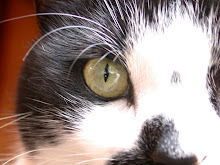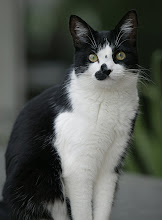
Mention the word “copycat,” and HQ’s ears prick, especially when the subject is about finding royal couple lookalikes.
The Associated Press reports that model agencies are looking for young adults who can double as Prince William and future princess Kate Bevan. Appears the couple’s upcoming nuptials have spiked a demand for their body doubles to appear at special events, either together or with other fake, royal-family members.
Copy-Kates have been relatively easy to find. But it’s the search for a proper fake William that has agencies in a royal tizzy. Not only do very few young men have William's “chubby cheeks, toothy grin and thinning hair,” but they also don’t have his elusive royal quality.
An acting coach explains that William’s lifetime of privilege is difficult to mimic. “It’s more of an aura. It’s a product of 28 years of his upbringing.”
Adds an agency manager, “This sounds terrible to say, but perhaps it’s all about good breeding.”
Perhaps the manager's notion of how a prince should carry himself is based on a childhood Cinderella book. How does she let a hopeful William-lookalike down easy? Does she send him to the lab for a blue blood test, knowing he won’t pass? Does she remind him that breeding is a way to produce offspring in a controlled and organized way, and that she doesn’t want to waste time barking up the wrong family tree?
There’s that mind's-eye, perception-is-reality thing again, and we all know that reality is where you find it.
But so is royalty -- even in a Tropaeolum majus.




